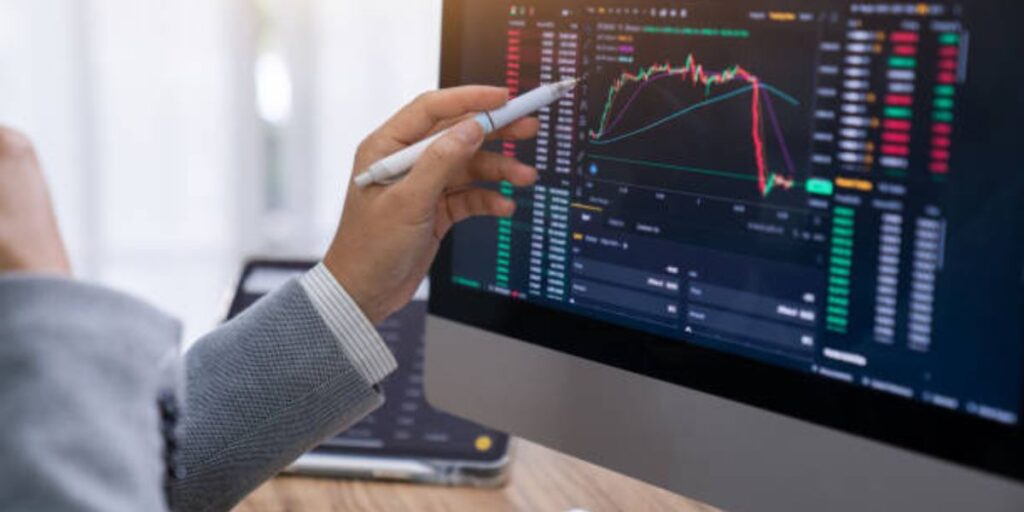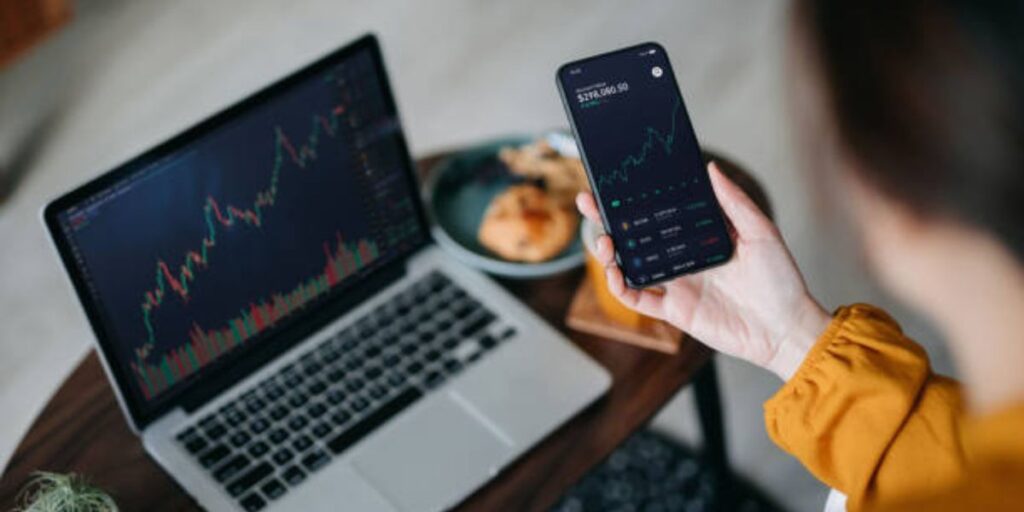In the fast-paced world of financial markets, preparation and practice are key to success. One crucial tool that helps both new and experienced traders hone their skills without risking real money is a mock trading session. But what exactly is a mock trading session, and how does it work? Let’s dive in and explore this concept in detail.

What is a Mock Trading Session?
A mock trading session, also known as a simulated trading session, is a practice environment where traders can execute trades using virtual money. This simulation mimics the real-world financial markets, allowing participants to experience trading conditions without the financial risk. Think of it as a flight simulator for aspiring pilots: it provides a realistic but setting to learn and practice.
Why Are Mock Trading Sessions Important?
1.without risk Learning: New traders can learn the ropes of trading without the fear of losing real money. This lowers the barrier to entry and allows beginners to build confidence.
2.Strategy Testing: Experienced traders can test new strategies in a controlled environment. This helps in refining techniques before applying them in the live market.
3.Understanding Market Dynamics: Mock trading sessions offer insights into how markets react to various economic events and news. This understanding is crucial for making informed trading decisions.
4.Emotional Management: Trading can be emotionally challenging. Practicing in a simulated environment helps traders manage their emotions and develop discipline.
How Does a Mock Trading Session Work?

1.Account Setup: Participants set up a mock trading account on a trading platform that offers simulation features. These accounts are funded with virtual money.
2.Market Access: Traders gain access to real-time or delayed market data, depending on the platform. This data replicates actual market conditions.
3.Placing Trades: Users can place buy and sell orders just as they would in a real trading environment. The trades are executed based on the current market prices.
4.Performance Tracking: The platform tracks the performance of trades, providing detailed analytics and reports. This feedback is essential for evaluating strategies and making improvements.
Platforms Offering Mock Trading Sessions
Several online platforms offer mock trading sessions. Some popular ones include:
- TradingView: Known for its advanced charting tools, TradingView offers a paper trading feature that allows users to simulate trades.
- Thinkorswim by TD Ameritrade: This platform provides a comprehensive paperMoney account, ideal for practicing with virtual cash.
- Interactive Brokers: Their demo account offers access to a wide range of financial instruments and real-time market data.
Expanding Your Knowledge of Mock Trading Sessions

Now that we’ve covered the basics of what mock trading sessions are, let’s delve deeper into how they fit into the larger world of financial trading and investing. With the rapid evolution of technology and online platforms, mock trading has become an essential part of the learning curve for traders and investors of all levels. Below, we explore additional insights, advantages, and a few potential downsides to keep in mind.
Who Can Benefit from Mock Trading?
Mock trading isn’t just for beginners. While new traders and investors are undoubtedly the primary audience, professionals also use mock sessions to test strategies or adapt to new markets.

1.Beginner Traders: For those just starting out, mock trading provides a non-threatening environment to understand fundamental market concepts such as order types (market, limit, stop-loss), price movements, volatility, and liquidity. Since the world of financial markets can be overwhelming, practicing in a controlled and without risk setting can ease the learning process.
2.Experienced Traders: Seasoned traders often use mock trading to fine-tune their strategies or explore new financial instruments like options, futures, or foreign exchange (Forex). Since markets are constantly changing, it’s important for traders to adapt their approaches over time. Mock trading can also help veterans simulate how their strategies would perform under different market conditions (e.g., a bear market or high-volatility period) before going live.
3.Investors: Long-term investors, particularly those focused on portfolio building and rebalancing, can benefit from mock trading to understand how different stocks, bonds, or ETFs (exchange-traded funds) perform over time. They can also practice asset allocation or risk management techniques without affecting their actual portfolios.
Goto : Homepage
